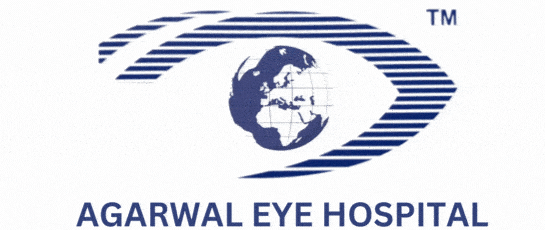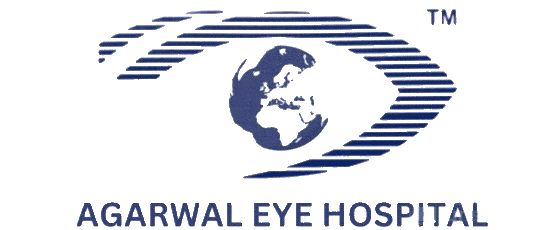LIVE FREELY with LASER VISION CORRECTION
See what vision correction—beyond
glasses and contacts—could mean for you.
LASIK, or Laser-Assisted In Situ Keratomileusis, is a popular surgical procedure used to correct vision problems such as nearsightedness, farsightedness, and astigmatism. During LASIK surgery, a laser is used to reshape the cornea, the clear front part of the eye, to improve the way light rays are focused onto the retina at the back of the eye. This correction helps to improve vision without the need for glasses or contact lenses.

All about LASIK
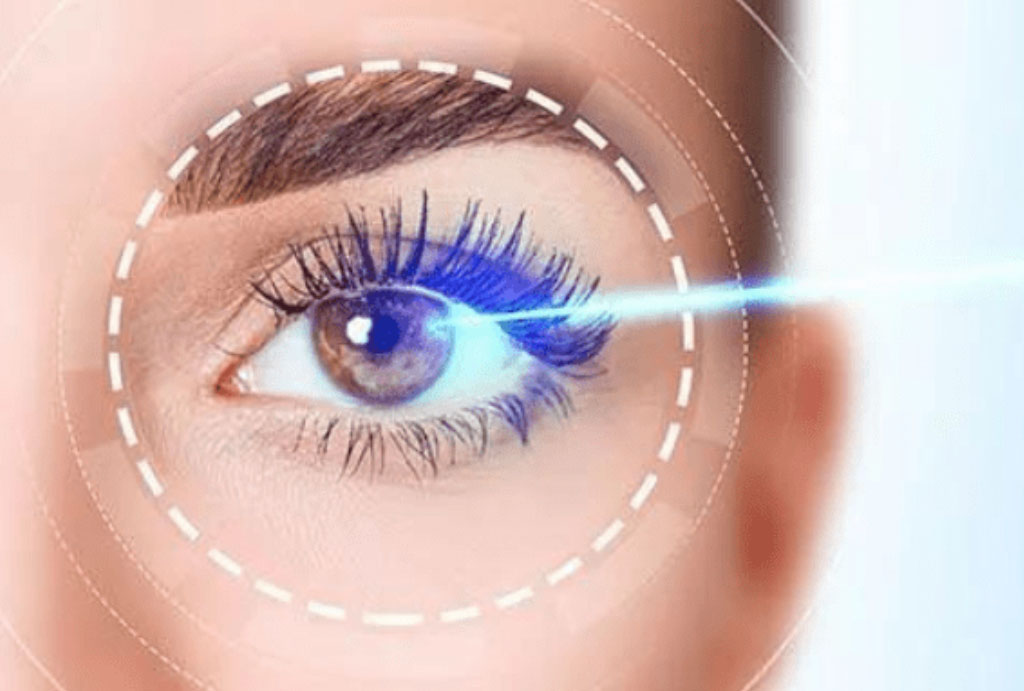
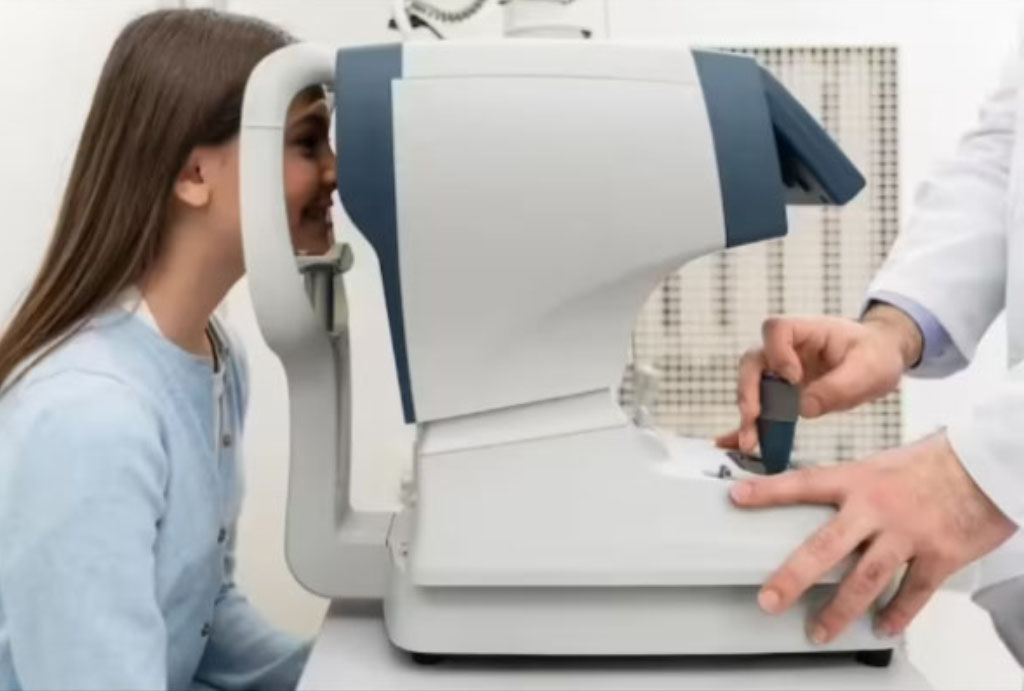
LASIK surgery is usually quick, often taking less than 15 minutes per eye, and most patients experience improved vision almost immediately after the procedure. However, it’s essential to follow post-operative care instructions provided by your eye surgeon to ensure proper healing and optimal results.
While LASIK is a safe and effective procedure for many people, it may not be suitable for everyone. Factors such as age, eye health, and certain medical conditions can affect candidacy. It’s crucial to discuss your options with a qualified eye care professional to determine if LASIK or another vision correction procedure is right for you.
Patient Evaluation
Long-term results from LASIK tend to be best in people who are carefully checked before surgery to see if they are good candidates for the procedure.
During the evaluation, our eye doctor will ask about your medical and surgical history and give you a complete eye examination to check your vision and decide whether you can undergo the procedure safely.
Our eye doctor will measure your cornea, noting the shape, contour, thickness and any irregularities. Our eye doctor will check which areas of your cornea need reshaping and determine the exact amount of tissue to remove from your cornea.
Doctors generally use wavefront-guided technology to check your eye in detail before LASIK surgery. In this test, a scanner creates a highly detailed chart, similar to a topographic map, of your eye. The more detailed the measurements, the more accurate our eye doctor can be in removing corneal tissue.
Before surgery, our doctor will discuss the risks and benefits of LASIK surgery, what to expect before and after surgery, and any questions you may have.
Our commitment to innovation is evident in our investment in state-of-the-art laser technology, ensuring the highest level of precision and safety in every refractive eye surgery we perform, including LASIK laser eye surgery. Moreover, our experienced team of refractive surgeons possesses a wealth of expertise, making Agarwal Eye Hospital, Mumbai (Goregaon West) the trusted choice for those seeking freedom from glasses or contact lenses.
LASIK treatment options
Types of LASIK Surgery
LASIK surgery has evolved over the years, resulting in different types or variations of the procedure. Some of the common types of LASIK surgery include:
- Traditional LASIK: This is the most common type of LASIK surgery. It involves creating a corneal flap using a microkeratome or a femtosecond laser, reshaping the cornea with an excimer laser, and then repositioning the flap.
- Bladeless LASIK: Also known as “All-Laser LASIK” or “FemtoLASIK,” this variation uses a femtosecond laser to create the corneal flap instead of a microkeratome. The rest of the procedure remains similar to traditional LASIK.
- Wavefront-guided LASIK: This type of LASIK uses advanced wavefront technology to create a detailed map of the eye, including subtle imperfections called higher-order aberrations. This map is used to guide the laser during the reshaping of the cornea, aiming to achieve a more customized treatment that can potentially improve visual outcomes, especially in low-light conditions.
- Topography-guided LASIK: Similar to wavefront-guided LASIK, topography-guided LASIK utilizes corneal topography data to create a personalized treatment plan. It maps the surface of the cornea in detail to address irregularities and asymmetries, potentially improving outcomes for patients with corneal irregularities such as keratoconus or previous corneal surgeries.
- PresbyLASIK or Monovision LASIK: This type of LASIK is specifically designed to address presbyopia, a common age-related condition that affects near vision. Monovision LASIK involves correcting one eye for distance vision and the other eye for near vision, allowing patients to reduce dependence on reading glasses or bifocals.
- Custom or Blade-Free LASIK: This term is often used interchangeably with bladeless LASIK or wavefront-guided LASIK. It refers to a personalized LASIK treatment that utilizes advanced technology to map the unique characteristics of each individual’s eyes for a more precise and customized procedure.
Each type of LASIK surgery has its advantages and considerations, and the most suitable option for you depends on various factors, including your eye health, refractive error, and personal preferences. It’s essential to discuss your options thoroughly with your eye care provider to determine the most appropriate type of LASIK for your needs.
Our experts specialize in various laser refractive techniques tailored to individual needs, including PRK (Photorefractive Keratectomy), SMILE LASIK, Contoura LASIK, and Femto LASIK. These procedures offer alternatives to traditional LASIK and are suitable for a wider range of patients, ensuring that we can provide the best solution for each unique case.
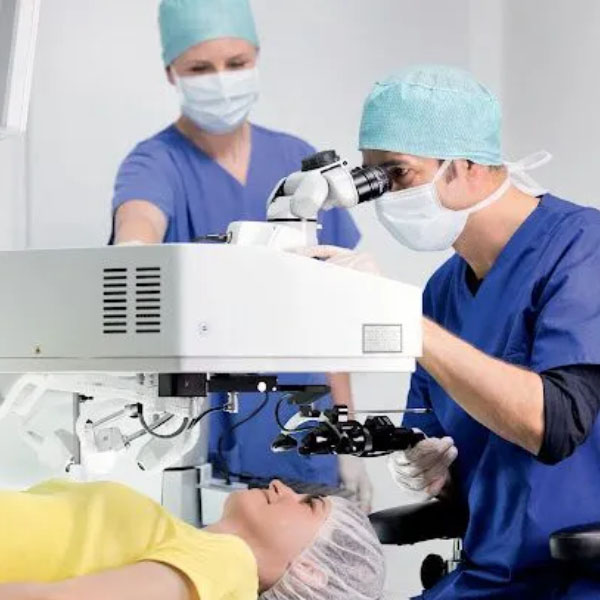
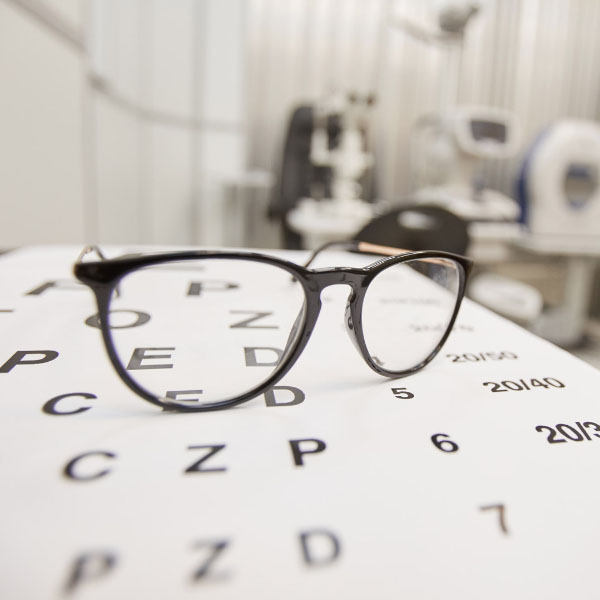
For those considering LASIK or laser eye surgery, we offer comprehensive consultations to determine the most suitable treatment plan, including the LASIK procedure cost. Whether you’re a candidate for LASIK, PRK, SMILE LASIK, Contoura LASIK, Femto LASIK, or another refractive surgery, you can trust us to deliver exceptional care and a transformative visual experience. At Agarwal Eye Hospital, Mumbai (Goregaon West), we are committed to helping you rediscover the world with clarity, precision, and confidence.
Usefull Links
Information
Monday to Saturday
Morning: 11:00 am to 2:00 pm
Evening 7:00 pm- 9:00 pm
Sunday Closed
